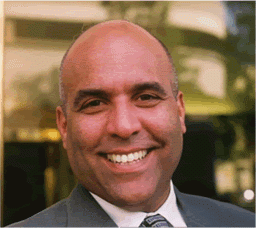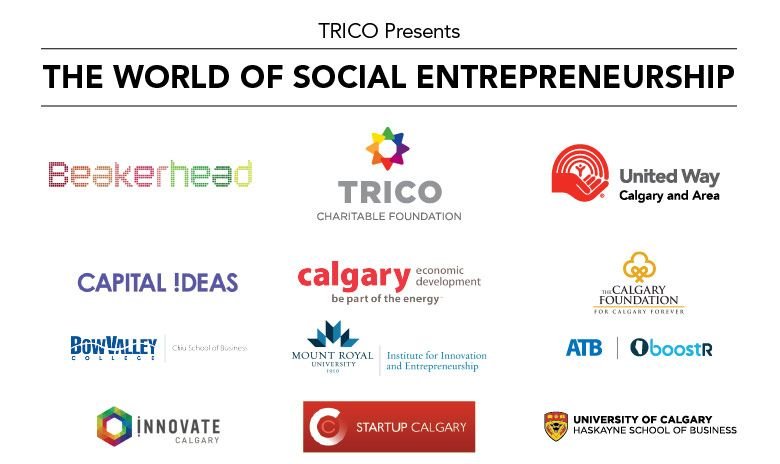
Michel Gelobter is one of the country’s leading sustainability and climate strategists, author of the acclaimed “Lean Startups for Social Change: The Revolutionary Path to Big Impact” and founder of his own social purpose organization.
Eric Reis, author of The Lean Startup, called Michel’s book “A major step forward for the social sector”, while Barry Gold, Program Director, Walton Family Foundation, said “Gelobter shows how to bring the cutting edge of Silicon Valley to some of the wicked problems facing the social sector. A must-read for all funders and change makers.
Michel is excited to share his views on using Lean Startup thinking to drive social and technical innovation during a YYC keynote at 7:30 a.m. on September 16 (the keynote is titled “Lean Start-ups for Social Change: Insights and Perspective for Social Purpose Organizations”).
Michel’s September 16 keynote is part of Social Entrepreneurship Day in Calgary.
Registration is required. To learn more about the entire day’s activities click here or to register, click here.
As a teaser to the big event we asked him three questions:
Q: What’s your elevator pitch on the promise and power of bringing lean startup thinking to the social sector?
A: There is something truly new in the world of change-making: it is possible faster than ever before to know the impact of a change you are seeking to make. The technologies and practices that make this possible enable us to test new ideas and innovations and find our way to great solutions with unprecedented speed and efficiency. Because the problems we work on are so vital, we owe it to the world to seek answers fearlessly, and the lean startup permits us to do so with far fewer resources and lower risk of burning out from the mistakes that inevitably arise along the path to real results.
Q: What is typically the greatest challenge for social organizations as they try to use lean startup thinking?
Letting go of their assumptions and being open to what the people we are seeking to serve really need…to how people see their own problems and how they truly respond to the innovations we are presenting them with.
Q: Explain the idea of “the one metric that matters”?
A: Lean is a way of listening to the world, but also a way of maintaining focus and direction. It is hard to really listen when there are too many moving parts. The “one metric that matters” is a way of ensuring that you focus your efforts to learn and not overbuild or over-test. Get the very simplest things right first.
Again, to learn more about the entire day’s activities click here or to register, click here.
